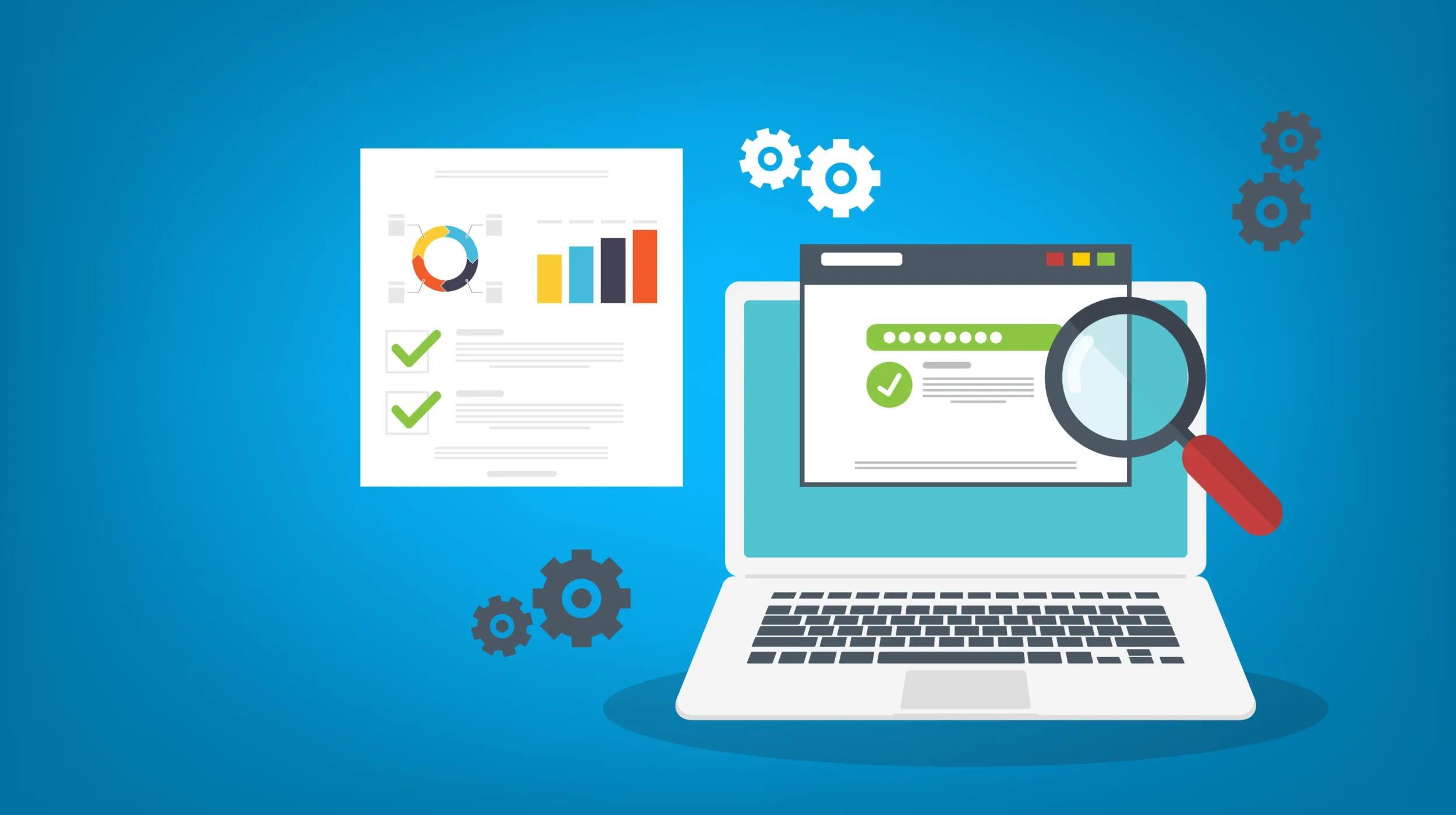
GoDaddy is expanding our hiring footprint into the Gateway to South America. This is an exciting opportunity for our team as well as the entrepreneurs that we service. Key leaders have spent time learning about the culture and values of Colombia and its people. It is crucial for us to create synergy and inclusion when bringing on a new locale.

There has been a large focus on benefits, to ensure we are providing competitive offerings for the employees in which we hire here. A few benefit highlights include:
- Health Insurance (100% covered for employees and their basic family group). Unlimited In-Network Benefits, including: home doctor visits, physical therapy, maternity, dental coverage, and more.
- Life Insurance (100% covered for employees).
- Wellness Programs that offer psychological consults.
- Time Off through paid working days, public holidays, and parental leave.

Our focus for hiring needs will be on Data and Machine Learning Systems. We are looking for individuals who have a background in data science engineering and machine learning (ml) — specifically, python, pytorch, (ml)ops, (ml) and engineering.
We will begin hiring efforts for a multitude of roles, beginning in September of 2022. Here’s a bit more information on the roles we will be hiring for:

The MLOps team partners with the (ml) Scientist to ensure deploying, monitoring, retraining, optimizing, and managing advanced analytics models such as machine learning or deep learning that power many AI and other intelligent applications. Although the (ml) scientist might build the model, that is only one-tenth of the process when it comes to putting models into production, which is where the real value lies. MLOps engineers ensure that a model will work in production; they keep it working and update it when it gets stale. They are often highly technical and work with open source software as well as commercial products.

ML Engineers are specialized SDEs who build and integrate core machine learning platform services. Their responsibilities include, cloud infrastructure engineering, research and discovery to data-labeling, job orchestration, low latency inference engines, distributed-computing scaling for training + inferencing. This tooling enables (ml)Scientists to develop and train the best models for business use. This is a different function from MLOps team, but may sometimes blend to achieve a squad goal. — SECONDARY (contracting for now, not FTE) —

DataOps is the process by which data is integrated, transformed, and prepared for deployment into business intelligence, reporting, and ad hoc analytics applications. It includes a wide range of functional components for handling and managing data throughout its life cycle. These include pipeline services for discovering, acquiring, extracting, transforming, profiling, cleansing, augmenting, staging, loading, replicating, delivering, indexing, searching, and protecting data. Data engineers are often part of the DataOps team, and are classified as SDEs building the data mesh (project starfleet). NOTE: DataOps team is also the definition of a franchise, aka, DataOps team to help develop workflows in which data is continuously integrated, transformed, and prepared for deployment into analytics applications … They are organized in small pods (aka, franchise) that may consist of a data engineer, a data scientist, and a data analyst. They are part of a centralized function and deployed where needed. — TIRTIARY (contracting in the future, again not FTE) —

Identifies opportunities to create incremental customer value through identifying leverage points and drivers of customer outcomes. Builds a culture of continuous learning through the creation of feedback loops across the business. Builds reports, queries and dashboards to scale insights and general understanding of the business levers. Future need to democratize analytics and open analytics to business users to enable analysts to go deeper in identifying the root drivers of cause and effect within the complexity of the systems that govern our business. In turn this enables Business Analysts to decide which development paths they want to take and build new skills or mastery in existing skills to realize their journey. Note at present, BAs can (and do) act as a DE, DS or in some very rare cases MLS (see definitions for these below).

Modern analysts are next-generation analysts empowered to develop strategic insights utilizing new tools, techniques, and methodologies. These modern analysts are a new breed of business or technical analyst who is proactive (building analytical models that predict the future) and acts as an insights optimizer and an analytics coach. They often have a deep understanding of the business and they can drive action in meaningful ways, e.g., create and run experiments.

Although certainly not a new role, the (ml) scientist is still an up-and-coming role in organizations that are starting to develop more advanced analytics. Data science is an interdisciplinary field that combines advanced statistics and computer engineering skills to acquire, prepare, and analyze information across a variety of sources. (ml) scientists have the technical skills to work with and analyze all kinds of data, from structured to unstructured. They build models, develop algorithms, and innovate on data. MLSs have a deep understanding of the business domain. They resolves complex business problems by applying machine learning technics.

Interested in any of these roles or know someone who would be? Click here! If we have any jobs that suit your interests and experience, a member from our talent acquisition team will be in contact.
Are you enjoying this series and want to know more about life at GoDaddy? Check out our GoDaddy Life social pages! Follow us to meet our team, learn more about our culture (Teams, ERG’s, Locations), careers, and so much more. You’re more than just your day job, so come propel your career with us.
- Facebook — https://www.facebook.com/GoDaddyLife
- Instagram — https://www.instagram.com/godaddylife/
- LinkedIn — https://www.linkedin.com/showcase/godaddylife
- Twitter — https://twitter.com/GoDaddyLife
- TikTok — https://www.tiktok.com/@godaddylife?
- Career Page — https://careers.godaddy.com/





